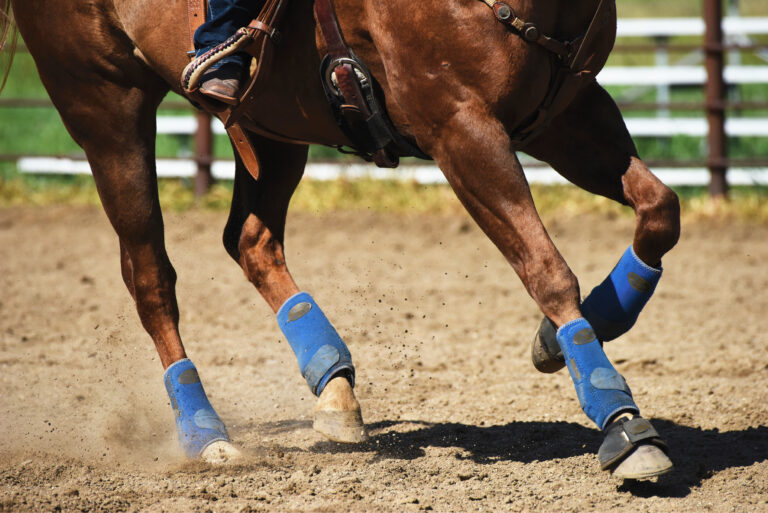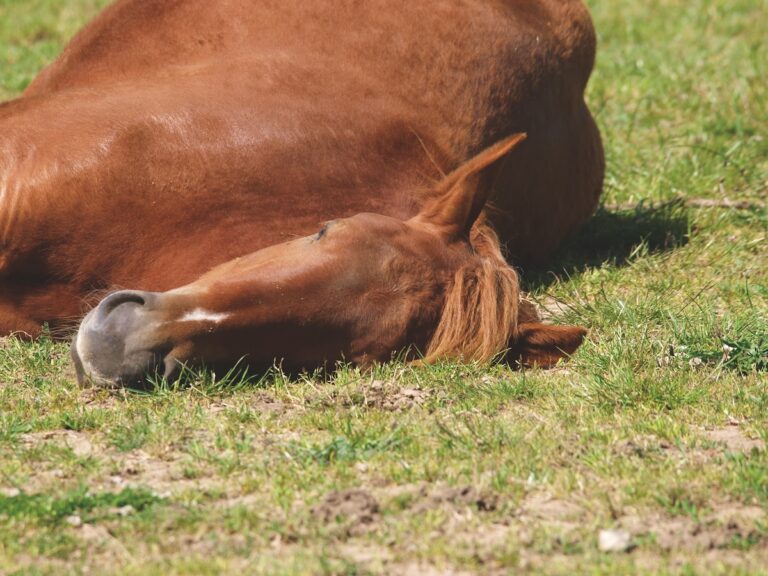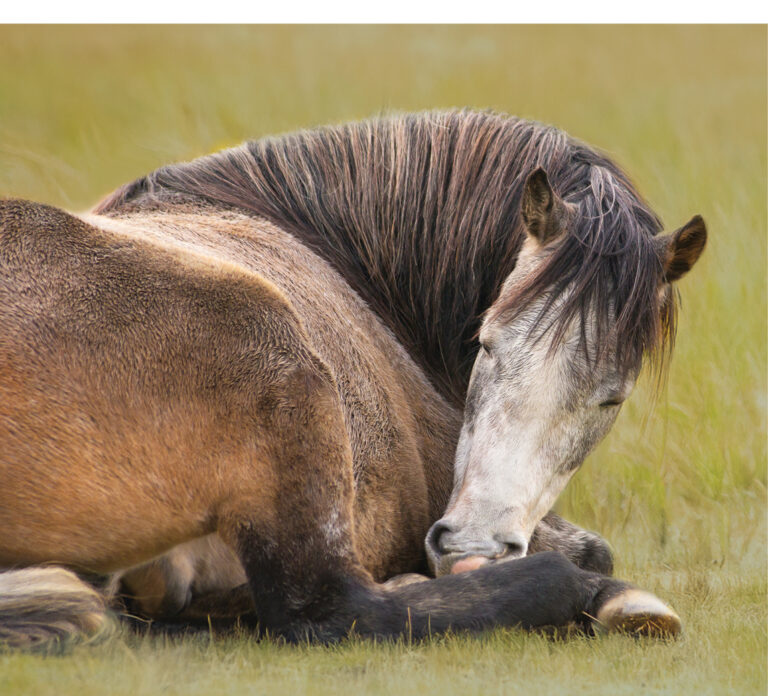Whether you’re an experienced rider or just getting started, this horse trivia pop quiz is a fun way to test your knowledge. From strange horse anatomy to flashy color terms, these seven questions will challenge what you think you know about your four-legged friends.
Questions:
- What country has the highest horse population?
- How many horse years equal one human year?
- What does a horse with “a lot of chrome” mean?
- What natural bodily function of most mammals do horses not have?
- True or False: Horses can get the hiccups.
- What is the approximate gestation period for a mare carrying a healthy foal?
- What color or breed of horse might have a striped hoof?

TEST YOUR KNOWLEDGE WITH OTHER HORSE TRIVIA CHALLENGES.
Answers:
1. What country has the highest horse population?
A: The United States, with more than 9 million horses.
2. How many horse years equal one human year?
A: We’ve likely all heard a different version of this one–and it’s easy to confuse with the comparisons to dogs and cats. Here are two of the most accurate horse/human age calculators:
a. For a rough conversion of a horse’s age to human years, multiply the horse’s age by 2.2. Example: “Dobbin” is 15 years old. 15 x 2.2 = 33 years old (in people terms).
b. Another age calculation sometimes used is counting the horse’s first year equal to 10 human years, and every year after that as 2 human years. Example: 15-year-old “Dobbin” = (1 x 10) + (14 x 2) = 10 + 28 = 38 (in people terms).
3. What does a horse with “a lot of chrome” mean?
A: “Dude, that horse is chromed out!”…i.e. a horse with a lot of white on its legs.
4. What natural bodily function of most mammals do horses not have?
A: Horses cannot vomit, because a muscular valve that leads to the stomach prevents food from going back into the esophagus, making it virtually impossible for them to vomit. This is a large part of why colic can be deadly to horses that overeat or ingest bad feed.
5. True or False: Horses can get the hiccups.
A: True. Horses can get the hiccups, also known as “thumps.” Whereas human hiccups are audible through the throat, hiccups in horses begin near the diaphragm and create an audible thump sound in the chest area, sometimes accompanied by a rhythmic jerk in the flank area.
Hiccups are reported more often in endurance horses and racehorses that run for prolonged periods of time. They’re also known to be caused by an electrolyte imbalance, often in conjunction with colic or diarrhea.
6. What is the approximate gestation period for a mare carrying a healthy foal?
A: The gestation (pregnancy) period of a mare is normally 11 months, approximately 340 days. Foals born before 320 days’ gestation are considered premature, and often have life-threatening respiratory problems.
7. What color or breed of horse might have a striped hoof?
A: Gray, spotted, or patterned colored horses, such as an Appaloosa or Pony of the Americas, often have alternating dark and white striped hooves.
Did You Ace the Pop Quiz?
Whether you got one or all seven correct, this horse trivia challenge is a great way to learn fun, useful facts about horses.






